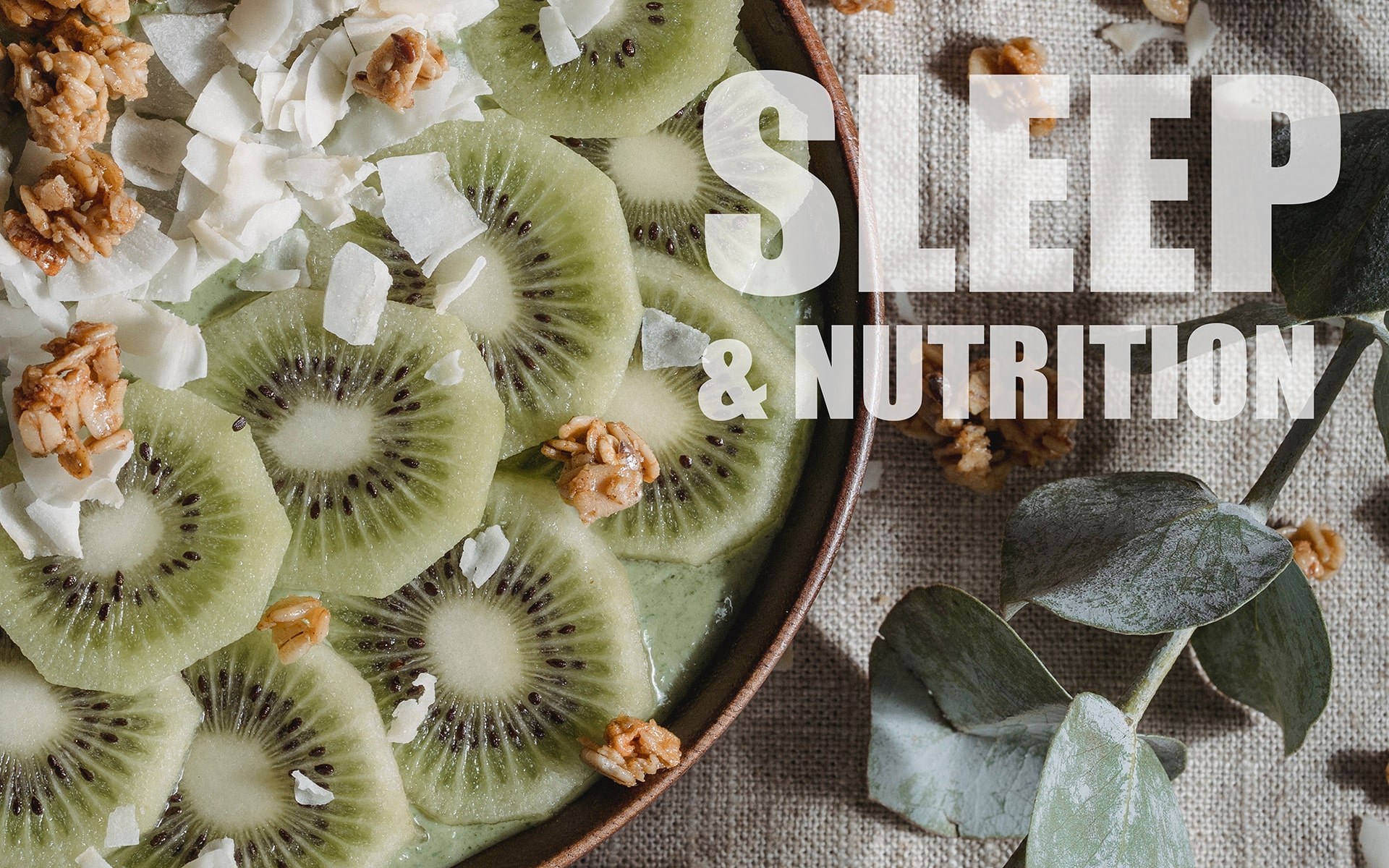
26 Jun SLEEP AND NUTRITION
How can I sleep better?
Daily Wellness – The importance of a healthy diet
To truly improve our sleep we have to take under consideration all the factors impacting it. It takes patience and persistence, but by simply changing some of our basic habits we can upgrade our overall quality of life. One of the factors that can influence our sleep is our diet, since a healthier diet will provide us with the essential nutrients. Not enough of these nutrients and our sleep quality might be diminished.
Of course, our diet depends on our taste, place of living and budget. Despite our circumstances, though, science can help us implement a healthier daily diet, according to our personal needs and wants.
The relationship between diet and sleep is quite complicated, and even though scientists have noticed that one influences the other they still haven’t been able to precisely understand why our sleep is so heavily dependent on our diet. Even so, they are perfectly capable of explaining how our sleep is influenced by our diet, and therefore what we can do to improve both.
It’s best to follow a balanced diet, rich in nutrients, especially certain minerals and vitamins which can help improve our sleep. Deficiency in those, according to some studies, can have a negative impact on our sleep. Additionally, some studies show that people who are sleep deprived, are more likely to hold unhealthy diet habits, consuming less fruits and vegetables and more fats, carbs, and sugars.
Some food groups or specific foods can help improve our sleep. For example, oily fish can provide us with iron, zinc, vitamin B12, vitamin D and omega 3 fatty acids, which are considered to help our body sleep better by balancing our serotonin levels. Serotonin, also called the happiness hormone, is a neurotransmitter located in the brain, intestine and the central nervous system. It has many important functions, such as regulating our sleep and stabilising our mood. It is a good idea, then, to try and add to our diet foods rich in serotonin, such as kiwis, who apart from helping our sleep have many other benefits also. This is also true for daily products, cherries, nuts (especially walnuts) and lettuce.
One more extremely important nutrient which enhances overall health but also our sleep (according to certain studies), is magnesium, one of the electrolytes in our body. Even though a direct link between magnesium and improved sleep has not been found, there are many studies showing that magnesium can help us sleep better and longer. It has also been noticed that magnesium can help people suffering from insomnia and restless leg syndrome. We can very easily get the necessary magnesium from our diet, since we can find it in abundance in daily products, legumes, green leaves (e.g. lettuce) and nuts.
But apart from what we eat, when we eat is equally important. Trying to organise our meals so that we take the last one of the day at least three hours before we go to bed, can help us sleep more easily. Additionally, we should try to avoid drinking too many fluids around bedtime, since this could cause us to wake up frequently during the night. Finally, food and drinks containing caffeine should also be avoided in the time before bed, as well as spicy food and heavy meals.
Like anything new, these new habits might seem a bit hard to keep in the beginning, but if we persist we can implement them in our routine and soon see our sleep and life quality improving!



